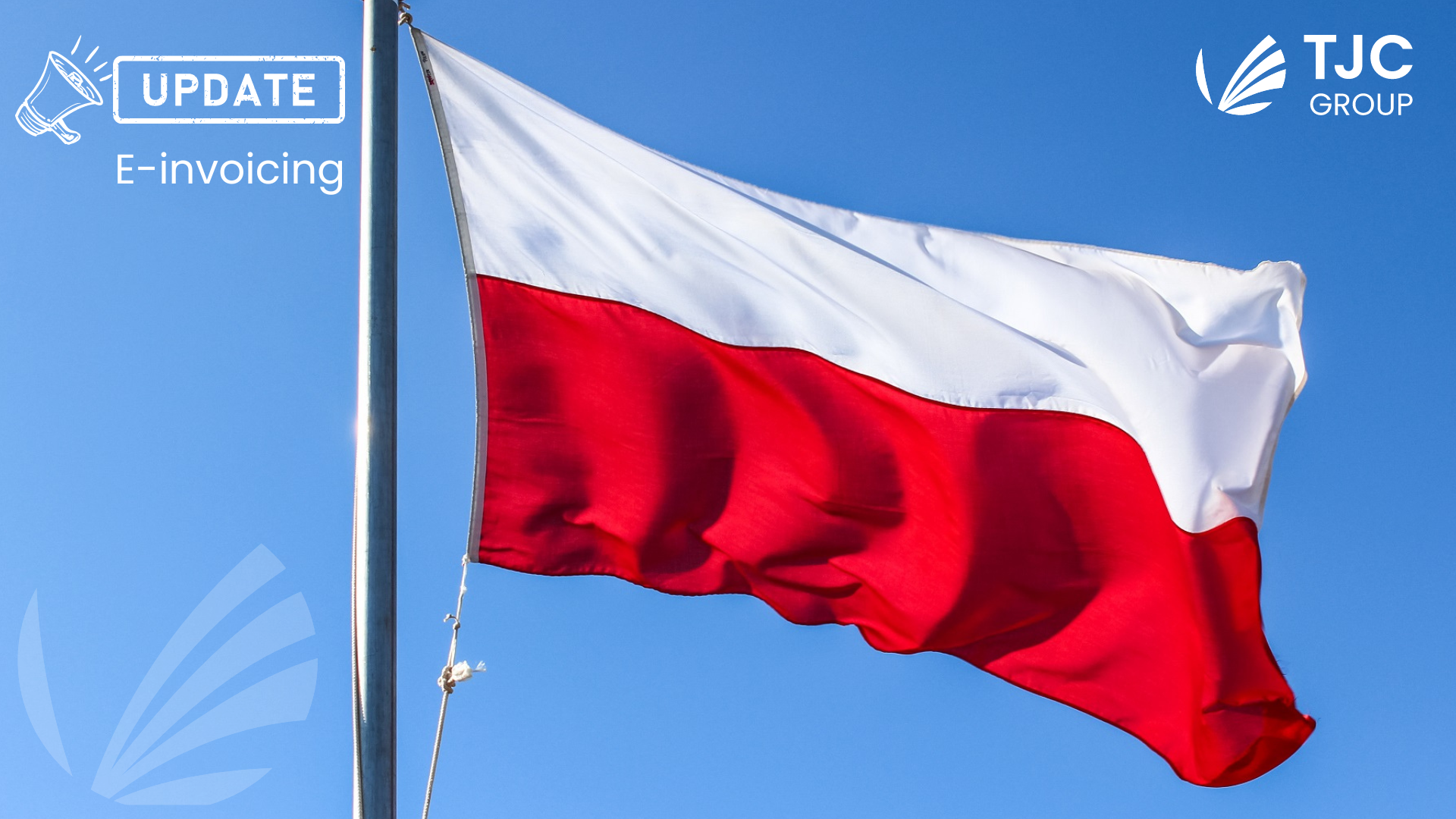29 February 2024
Bulgaria is all set to join the list of countries implementing SAF-T, which is the OECD-backed standard schema for taxpayers and authorities to exchange information. As a matter of fact, the first version of SAF-T Bulgaria XSD schema is available for the required users on the Bulgarian National Revenue Agency website.
The move ahead for SAF-T Bulgaria
With the European Commission supporting the move, the Bulgarian authorities have been reviewing the existing EU implementations (France, Poland, and Portugal) to note down the best practices, before a potential launch in 2025. The reviews include the ledger formats, the scope of data requests, and the transmission of technical specifications.
Interestingly, the authorities aim to simplify tax audits while reducing the manual work of the taxpayers in the compliance process. Consequently, the SAF-T Bulgaria regime is applicable to the resident as well as non-resident taxpayers with a Bulgarian VAT number. However, it might be voluntary for both resident and non-resident taxpayers initially. Additionally, the reports are going to be monthly for sales invoices, purchase invoices, payments, movement of goods, and general ledger transactions; while for fixed assets, reporting will be annual, and movement of goods will be upon request.
The planned, phased SAF-T Bulgaria introduction in 2025
The Bulgarian authorities have, in fact, planned to announce the formats and the phases of the SAF-T Bulgaria mandate later in 2024. This will be based on version 2 of the OECD with XSD schema format, indicating a launch for the largest taxpayers in 2025.
As per the planned phases –
- The first 6 months: Pilot testing
- 12 – 24 months: Mandatory for large taxpayers
- 36 months: Mandatory for medium taxpayers
- 48 months: Mandatory for medium and small taxpayers
- 60 months: Mandatory for micro taxpayers
SAF-T, as a matter of fact, was launched over a decade ago to standardise the transactional-level data exchange for VAT reporting. While most countries with the EU have already implemented it, Bulgaria now joins the circle too. Along with SAF-T Bulgaria, the country’s plans for implementing e-invoicing and e-reporting are yet to emerge following a public consultation in 2021.
Stay tuned with TJC Group for more updates on SAF-T, e-invoicing, and e-reporting. Head on to our blog page here for more interesting reads!








